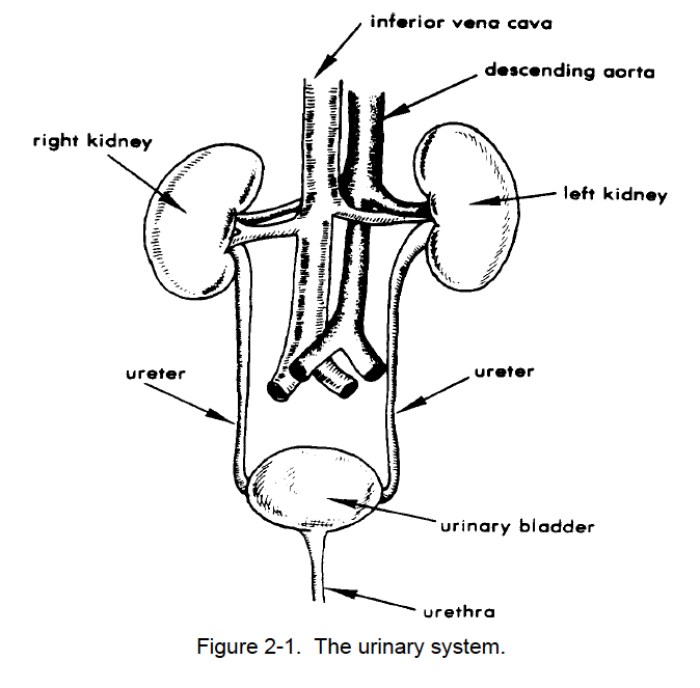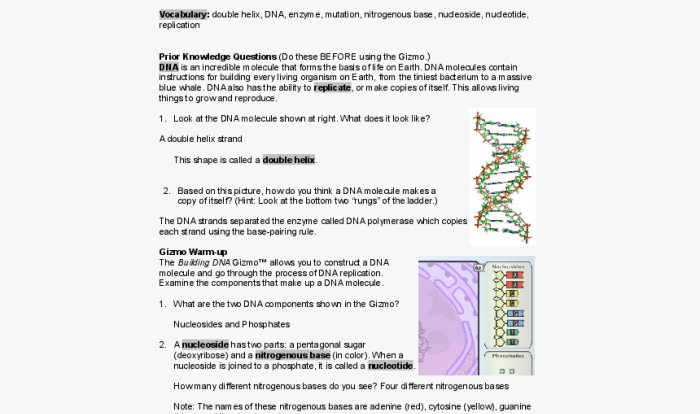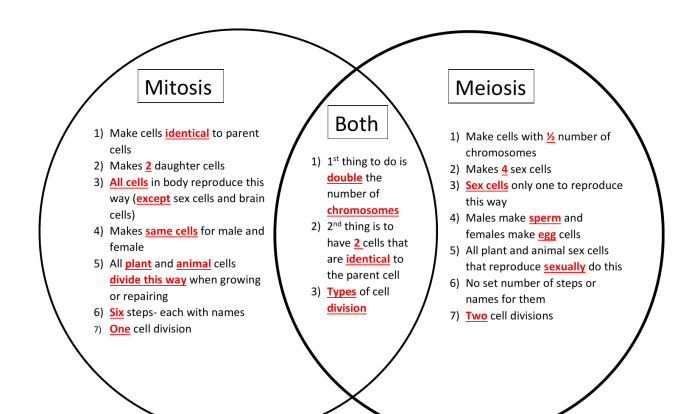Embark on an educational journey with our Urinary System Webquest Answer Key, a comprehensive guide that unveils the intricate functions and structures of the body’s filtration system. Prepare to delve into the depths of this vital system, exploring its role in waste removal, urine production, and maintaining overall health.
Our webquest answer key provides a structured and engaging approach to understanding the urinary system, guiding you through the complexities of this fascinating biological process. Dive into the functions of the kidneys, ureters, bladder, and urethra, gaining a comprehensive understanding of how these organs work together to ensure the body’s proper functioning.
Urinary System Functions

The urinary system plays a vital role in maintaining the body’s fluid balance and removing waste products. Its primary functions include:
Filtration and Waste Removal
- The kidneys filter blood to remove waste products, such as urea and creatinine, and excess water.
- The filtered fluid, called urine, contains these waste products and is transported to the bladder.
Urine Storage and Release
- The bladder serves as a reservoir for urine, storing it until it is released during urination.
- The urethra is a tube that carries urine from the bladder to the outside of the body.
Structures of the Urinary System: Urinary System Webquest Answer Key
Kidneys
The kidneys are bean-shaped organs located on either side of the spine. They are responsible for filtering blood and producing urine.
Ureters
The ureters are tubes that carry urine from the kidneys to the bladder.
Bladder
The bladder is a muscular sac that stores urine until it is released during urination.
Urethra
The urethra is a tube that carries urine from the bladder to the outside of the body.
These organs are interconnected, forming a continuous pathway for urine flow from the kidneys to the outside of the body.
Urine Production and Composition

Process of Urine Formation, Urinary system webquest answer key
Urine formation involves three main processes:
- Glomerular filtration:Blood is filtered through tiny structures in the kidneys called glomeruli, producing a filtrate containing water, electrolytes, and waste products.
- Tubular reabsorption:As the filtrate passes through the tubules of the kidneys, essential substances like water, glucose, and electrolytes are reabsorbed back into the bloodstream.
- Tubular secretion:Some waste products, such as hydrogen ions and potassium, are actively secreted into the filtrate from the bloodstream.
Chemical Composition of Urine
Urine typically contains:
- Water:95%
- Urea:A major waste product of protein metabolism
- Creatinine:A waste product of muscle metabolism
- Electrolytes:Sodium, potassium, chloride, and bicarbonate
Urine composition can vary depending on factors such as fluid intake, diet, and overall health.
FAQ Corner
What is the primary function of the kidneys?
The kidneys are responsible for filtering waste products and excess water from the blood, producing urine as a byproduct.
How does urine flow through the urinary system?
Urine is produced in the kidneys and travels through the ureters to the bladder, where it is stored until released through the urethra during urination.
What are the common symptoms of a urinary tract infection (UTI)?
Symptoms of a UTI may include frequent urination, burning or pain during urination, cloudy or foul-smelling urine, and lower abdominal pain.

